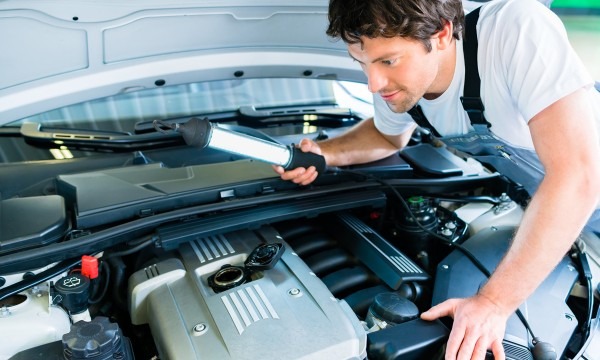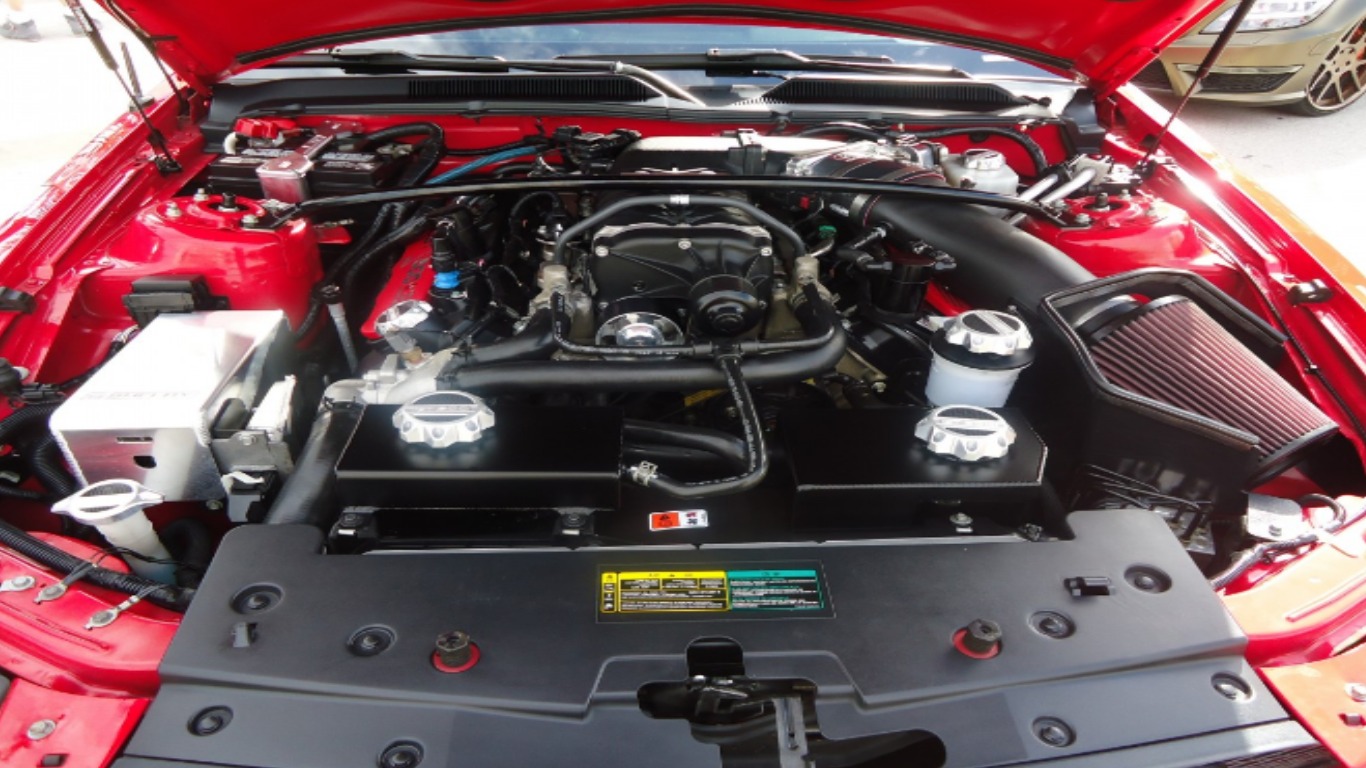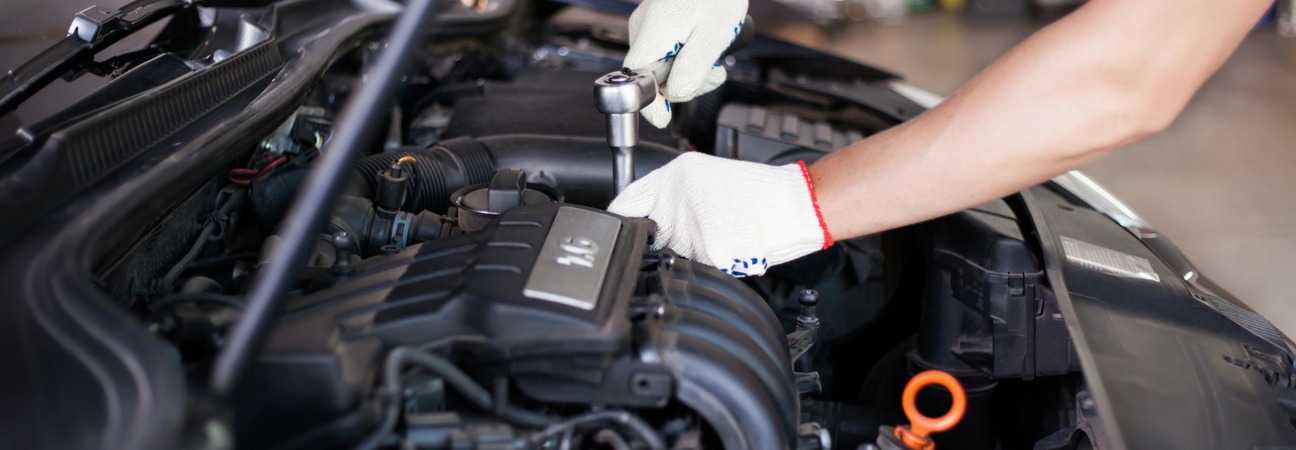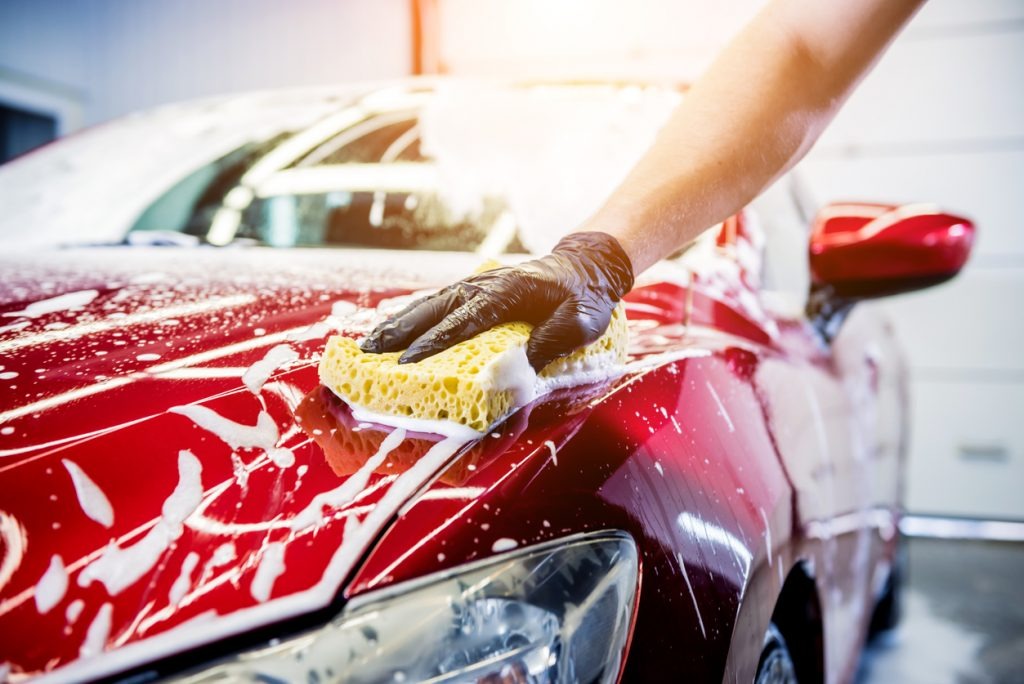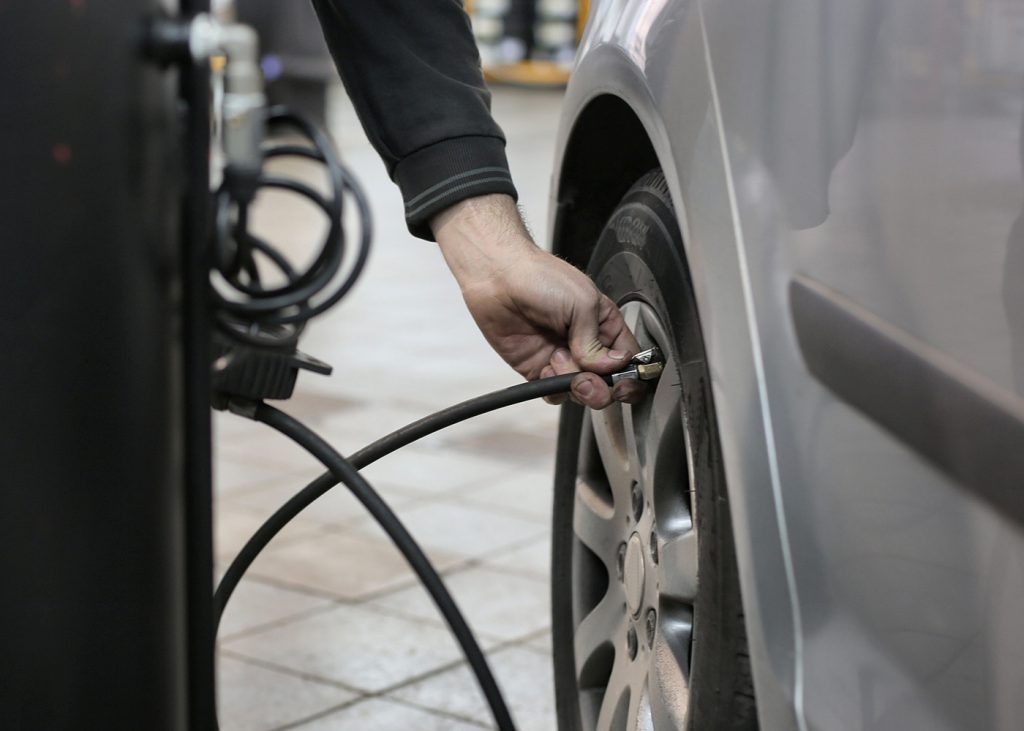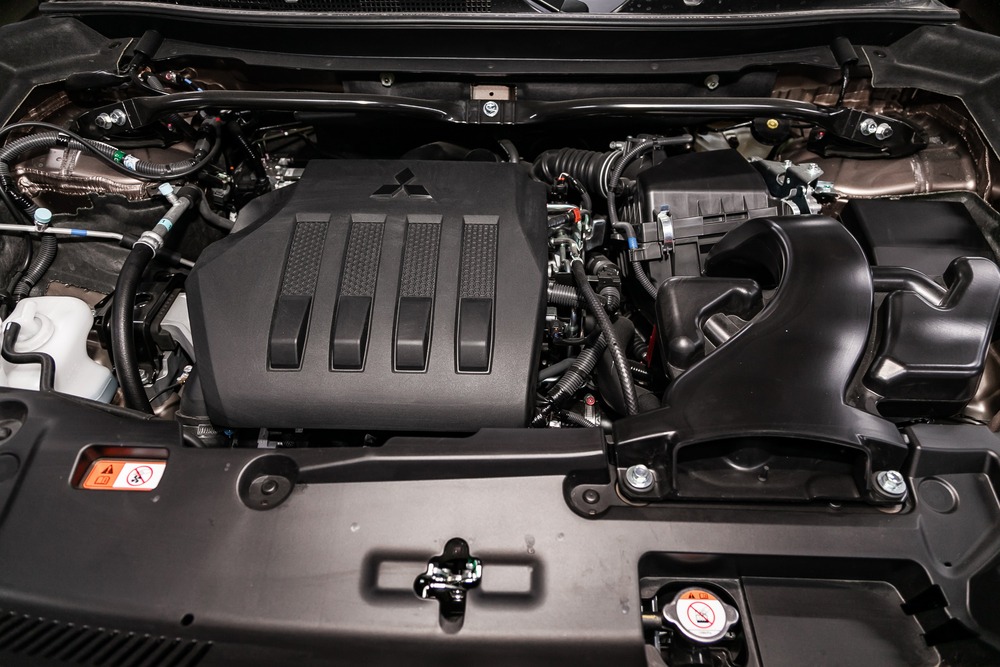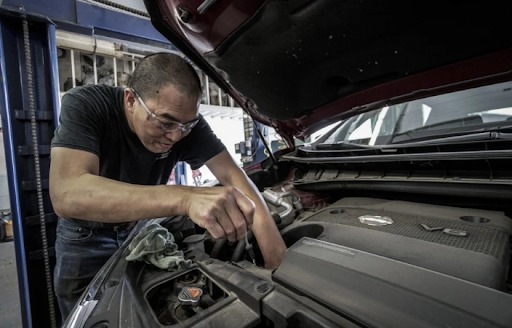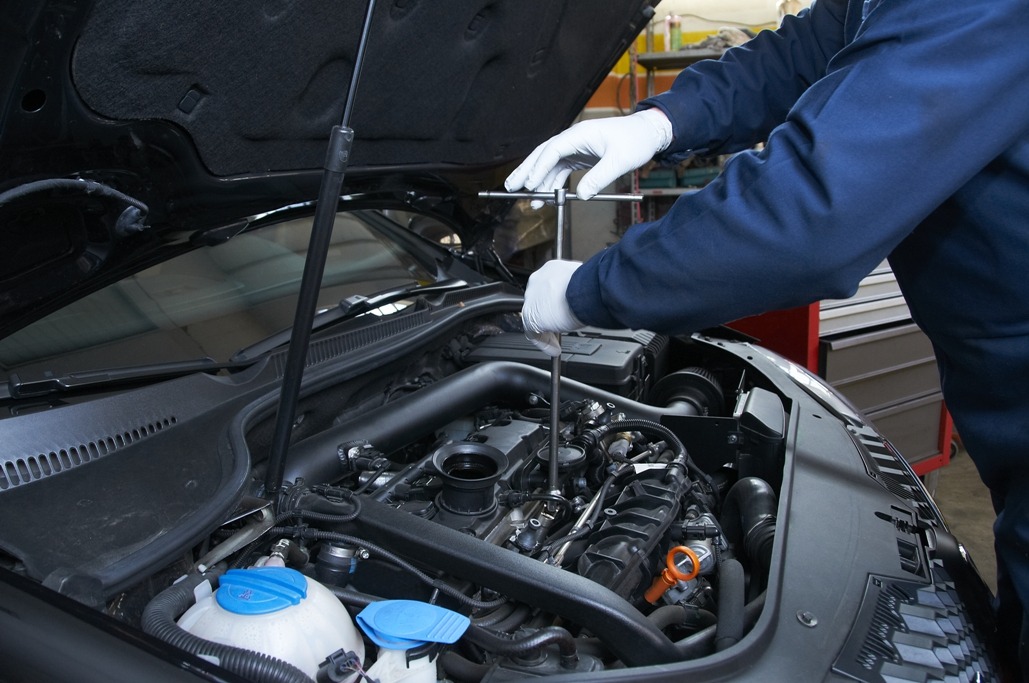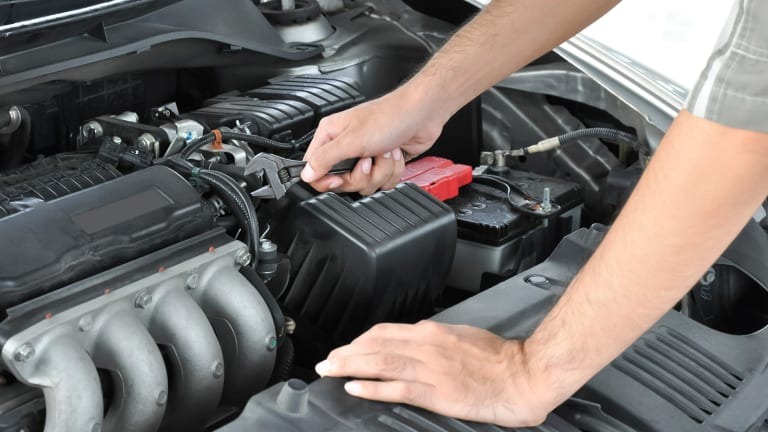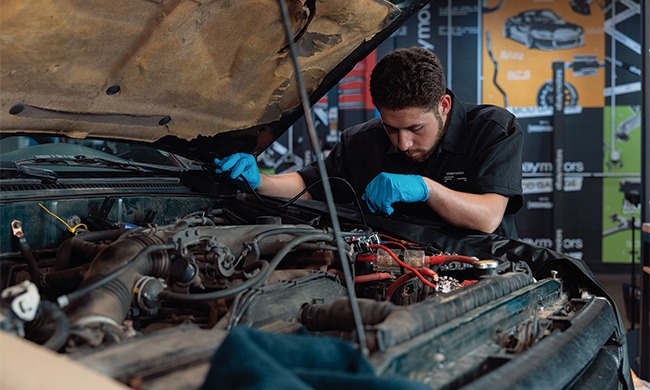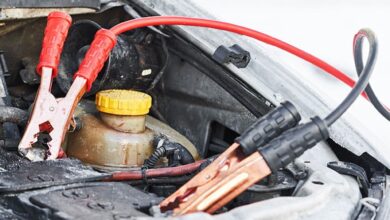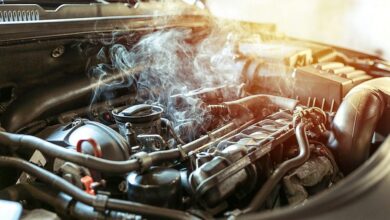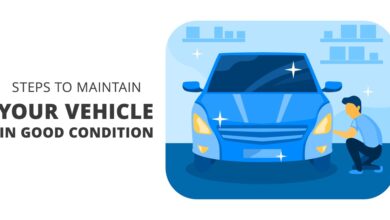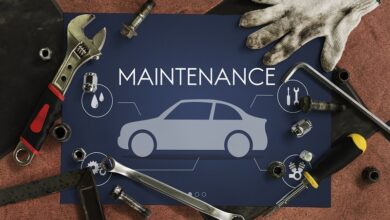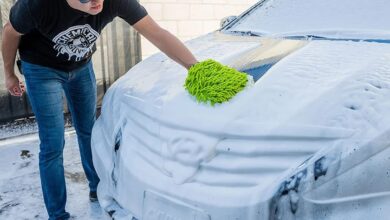Simple but Effective Car Maintenance Tips
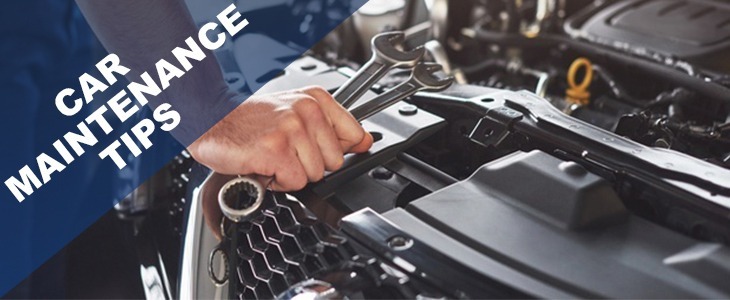
Proper car maintenance is the cornerstone of a reliable and efficient vehicle. In the hustle and bustle of daily life, it’s easy to overlook the simple yet crucial practices that can significantly impact your car’s performance and longevity. This article aims to simplify the often daunting task of car maintenance by offering straightforward and effective tips that any car owner, regardless of experience, can incorporate into their routine.
From the importance of regular oil changes to the often-neglected tire pressure checks, we’ll guide you through a set of practical maintenance habits that can make a world of difference in preserving your vehicle’s health. Join us as we unravel these uncomplicated yet powerful car care strategies, empowering you to keep your car running smoothly, efficiently, and safely for miles to come.
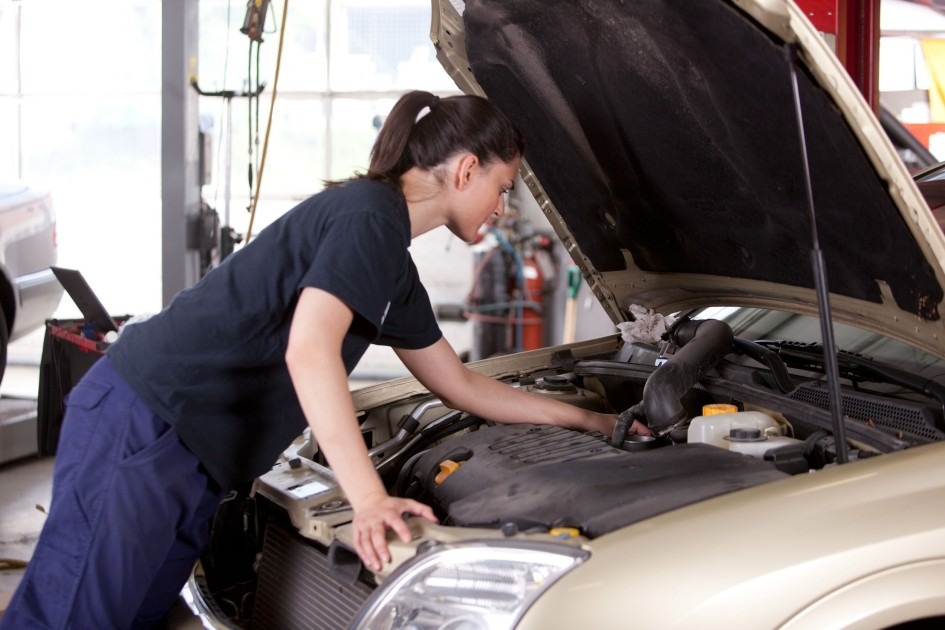
Contents
Regular Oil Changes
One of the most crucial aspects of car maintenance is regular oil changes. Engine oil lubricates the engine’s moving parts, preventing friction and reducing heat build-up. Over time, engine oil breaks down and becomes less effective at performing its role. Therefore, it is important to change your car’s oil as per the manufacturer’s recommendations.
To perform an oil change, follow these steps:
- Park your car on a level surface and engage the parking brake.
- Locate the oil drain plug under your car (refer to your car’s manual if unsure).
- Place an oil pan beneath the drain plug and unscrew it to drain the old oil.
- Once all the oil has drained, replace the drain plug securely.
- Remove the old oil filter and replace it with a new one.
- Refill your car with the recommended type and amount of fresh oil.
Remember to dispose of the used oil properly at a designated recycling center.
See more: The Importance of Using High Quality Lubricants for Cars
Tire Maintenance
Proper tire maintenance is essential for both safety and fuel efficiency. Neglecting tire care can result in poor handling, decreased traction, and increased fuel consumption. Here are a few tire maintenance tips to keep in mind:
Checking Tire Pressure
Regularly check your tire pressure using a tire pressure gauge. Underinflated tires can lead to decreased fuel efficiency and increased tire wear, while overinflated tires can cause poor traction. Refer to your car’s manual for the recommended tire pressure and adjust accordingly.
Tire Rotation
Rotating your tires regularly ensures even wear and extends their lifespan. Most manufacturers recommend rotating tires every 5,000 to 7,000 miles (8,000 to 11,000 kilometers). Follow the recommended rotation pattern specified in your car’s manual.
Wheel Alignment
Proper wheel alignment ensures that your tires make optimal contact with the road, providing better handling and stability. If you notice uneven tire wear or your car pulls to one side, it may be time to get a wheel alignment check.
Battery Maintenance
A well-maintained battery is essential for starting your car reliably. Neglecting battery care can lead to unexpected breakdowns and inconvenience. Follow these simple battery maintenance tips:
Regular Inspections
Check your battery regularly for signs of corrosion, such as white or green buildup around the terminals. If you notice any corrosion, clean it using a mixture of baking soda and water and a wire brush.
Secure Connections
Ensure that the battery connections are tight and secure. Loose connections can cause starting problems and electrical issues. If necessary, tighten the connections using a wrench.
Battery Testing
If you frequently experience difficulty starting your car or notice a decrease in performance, it may be time to have your battery tested. Many auto parts stores offer free battery testing services.
Fluid Checks and Top-ups
Various fluids in your car play crucial roles in its proper functioning. Regularly checking these fluids and topping them up as needed will help maintain optimal performance. Here are some essential fluids to monitor:
Engine Coolant
Check the coolant level regularly and ensure it is within the recommended range. Low coolant levels can cause overheating issues, so top up with the appropriate coolant if necessary.
Brake Fluid
Inspect the brake fluid level and condition periodically. If the fluid appears dark or dirty, it may be time for a brake fluid flush. Consult your car’s manual for the recommended brake fluid type and specifications.
Power Steering Fluid
Check the power steering fluid level regularly and top up if needed. Low power steering fluid can result in difficulty steering or increased steering effort.
Windshield Washer Fluid
Maintain an adequate level of windshield washer fluid to ensure clear visibility while driving. Refill as needed with a suitable windshield washer fluid solution.
Air Filter Replacement
The air filter in your car prevents dirt, dust, and debris from entering the engine, ensuring clean air intake. Over time, the air filter becomes clogged and less effective, leading to reduced engine performance and fuel economy. Follow these steps to replace your air filter:
- Consult your car’s manual to locate the air filter housing.
- Open the housing by removing the clips or screws.
- Take out the old air filter and inspect it for dirt and debris.
- If necessary, replace it with a new air filter of the same size and specifications.
- Close the air filter housing securely.
Regularly replacing the air filter will help maintain engine efficiency and prolong its lifespan.
Effortless Excellence: Simple Yet Effective Car Maintenance Tips
By following these simple yet effective car maintenance tips, you can ensure that your vehicle stays in optimal condition for years to come. Regular oil changes, tire maintenance, battery care, fluid checks and top-ups, as well as air filter replacement, are all essential aspects of keeping your car running smoothly and avoiding costly repairs down the road. Remember to consult your car’s manual for specific instructions and recommendations tailored to your vehicle model.
See more at: TopCarr

